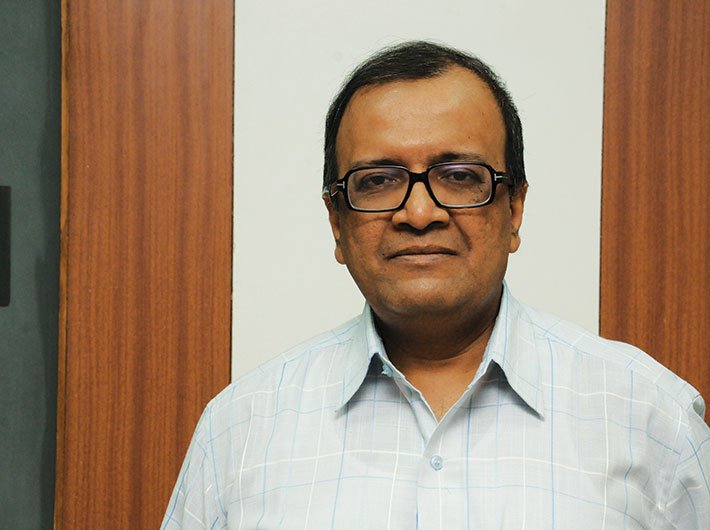With the Digital India programme underway, the relevance of cloud in government has increased significantly. Which would be the key application areas in your view?
For any government application where public money, citizen convenience, non-discriminatory and non-proprietary delivery platforms are the key and paramount factors, cloud technology offers the right answer. It gives flexibility to the government to ensure that citizen services are accessible through multichannel non-proprietary platforms including web browsers or web service APIs and zero capital cost to get started.
Government departments, both at the state and centre levels, are gradually migrating to the newer cloud technology, and the Meghraj initiative by the central government and private clouds at state data centres are the important steps in this direction.
What incentivises government departments to adopt cloud-based models? What is happening currently in terms of adoption and how do you see increasing going forward?
Today, every state needs affordable, instant infrastructure in a scalable manner, and they know cloud can provide it. The financial incentives for adopting cloud services are the most attractive ones. Forward-thinking departments within government will adjust their own requirements to take advantage of the cloud opportunity.
Strategically, for the government departments to use cloud technologies as building blocks for Digital India gives them the flexibility of shifting focus from ‘what a particular piece of technology can do’ to ‘how technology enables them to implement systems.’ As more service offerings become available through the cloud, government departments and organisations will gravitate slowly to using more cloud services.
Senior leadership and technology officials in the government need to identify which of the cloud attributes the state or the department readily needs and ensure that financial, performance, risk and business outcome metrics are appropriately aligned.
How, in your view, could governments leverage the hybrid and public clouds?
For most government departments and organisations, on-premise private cloud may turn out to be difficult, expensive and limiting in a long run. States may evaluate synergies and alternatives in public and hybrid cloud mechanisms by working closely on current and future needs.
While data custodianship and security challenges make on-premise private cloud a compulsive requirement for making state data centres cloud ready, hybrid and public clouds are viable options when workloads in terms of volumes, standards, automation and agility requirement can be better served or supplemented by public cloud offerings.
Transient workloads, such as annual returns processing or publication of university result or appointment examination result by a department are areas where private capabilities may increasingly be explored.
What are the key inhibitors for cloud adoption in your opinion and which of those would you consider addressing on a priority basis?
The first priority concern for any government will definitely be security of its data by cloud service providers. The second concern is around where data is being stored. Current policies and laws require strategic control by government over its data, information and infrastructure, and the need to keep data on servers only in India.
If the applications were to be hosted on cloud data centres located within the country, would that address the concerns around security and compliance?
Public cloud services are improving rapidly. The government organisations and departments are finding that such cloud offerings may soon meet necessary compliance, security and service-level needs of the governments. It is better to invest in effective usage and governance of public cloud services than investing in duplicating a public cloud architecture on-premise, especially when the public cloud providers are investing far more in innovation and continually lowering costs.

